Workshops for advanced users is an internationally oriented series of workshops on current topics in art and music technology where we invite the leading experts in their respective fields. So far we have been visited by Joseph Anderson (DXARTS, University of Washington), Antoine Caillon (Ircam), Thibaut Carpentier (IRCAM), Luke Fischbeck (PhD USC), Daniele Ghisi, Hanns Holger Rutz (ALMAT), Ernst Karel, David Pirró (ALMAT), Curtis Roads (University of California Santa Barbara), Diemo Schwarz (IRCAM) and Pierre Alexandre Tremblay, James Bradbury and Ted Moore (University of Huddersfield).
We want to offer advanced art and music technology users a series of workshops at a high international level. The starting point is an extensive look at what we consider to be the most interesting areas in art and music technology of our time. These can be things such as immersive sound, field recordings, artistic use of algorithms, musical signal processing, sound analysis, sound synthesis and machine learning. With this starting point, we invite the foremost experts in the various fields.
The workshop series is a collaboration between Notam (Norwegian Center for Technology in Music and Art) and BEK (Bergen Centre for Electronic Arts). The workshop series is supported by the Norwegian Cultural Council.
Stay tuned with BEK’s and Notam’s webpages, newsletters, social media and this page for updates.
Previous workshops:
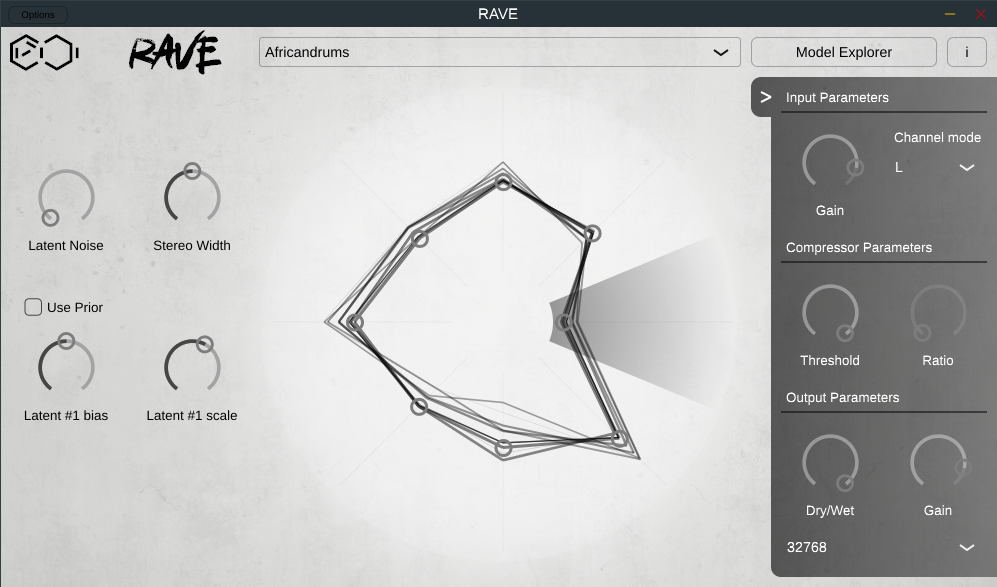
Machine learning for sound makers – RAVE
20.-24. June 2022
Antoine Caillon (Ircam)
Machine learning for sound makers
Location: BEK (Bergen Center for Electronic Art), online workshop.
BEK holds a workshop in machine learning, in the form of a week-long workshop online. This workshop will focus on a new software and machine learning model, RAVE (Realtime Audio Variational autoEncoder), and is led by lead developer Antoine Caillon, who works as part of the ACIDS group (Artificial Creative Intelligence and Data Science) at Ircam in Paris. The RAVE model is a new way of integrating machine learning and sound into a creative workflow, both as a Max object and as a VST plugin, where a model trained on a dataset from sounds can be manipulated in real time.
Read more here: https://bek.no/en/workshop-machine-learning-for-sound-makers-rave/
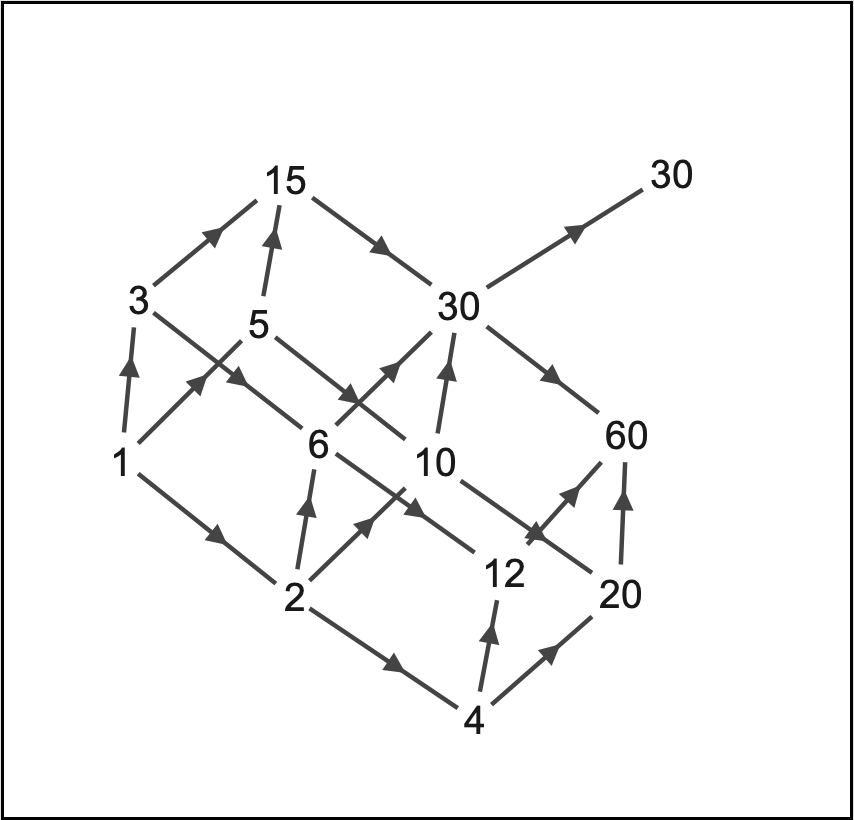
Computer-aided composition in Max
May 9 – 13, 2022
Daniele Ghisi
Real-time computer-aided composition with the bach library
Location: Notam (Norwegian centre for technology, art and music).
In this workshop in computer-aided composition, we will work with bach, an advanced tool for composition in Max. bach is a comprehensive library for real-time computer-aided composition, and can be used in everything from sound design and composition, to interactive installations and research. What sets bach apart from many similar systems is that you can use it both for working directly with sound and for scores.
Read more here: https://notam.no/computer-aided-composition-in-max/
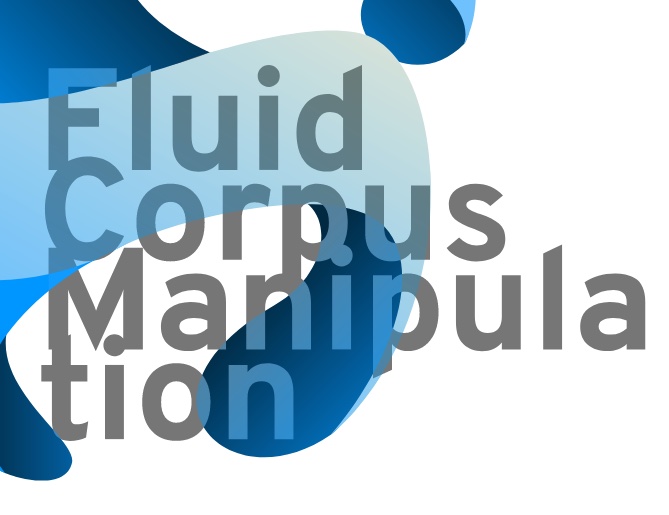
FluCoMa
March 14 – 18, 2022
Pierre Alexandre Tremblay, James Bradbury, Ted Moore (University of Huddersfield)
The Fluid Corpus Manipulation project.
Place: Notam (Norwegian Center for Technology in Music and Art).
The Fluid Corpus Manipulation project (FluCoMa), is a highly advanced tool for sound analysis, machine learning and sound synthesis in Max, Pd and SuperCollider. FluCoMa is a comprehensive sound processing tool, and can be used in everything from sound design and composition, to interactive installations and research. The workshop will include a mix of practical work, training and lectures.
read more here: https://notam.no/flucomaworkshop/
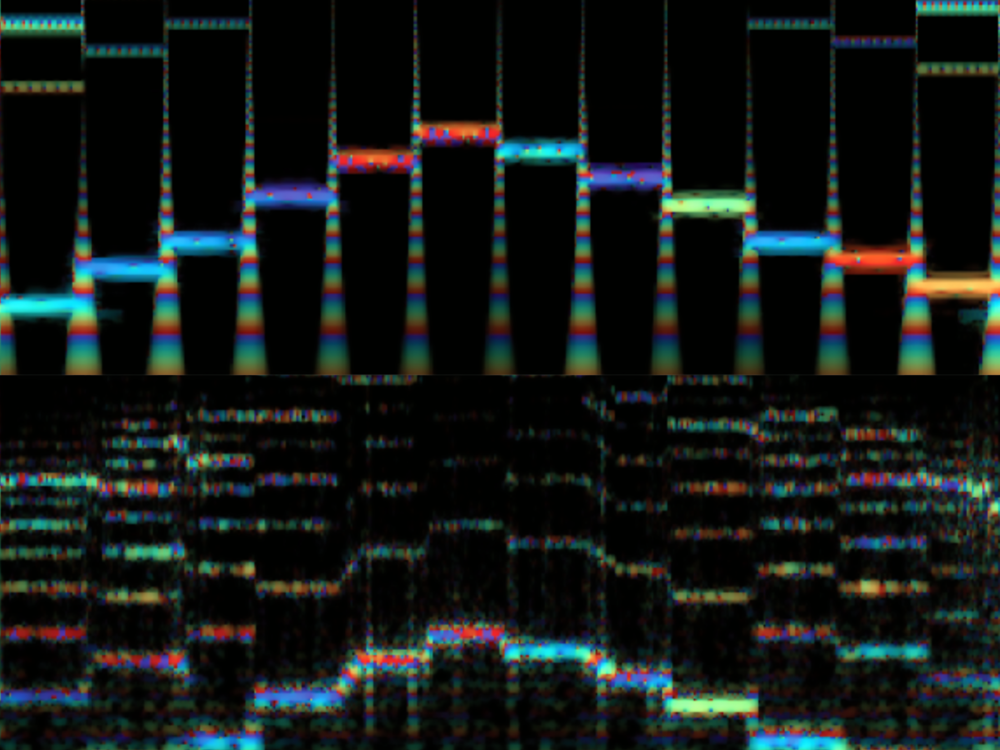
Machine Learning for Sound Makers part 2
07.-11. December 2020
Luke Fischbeck (PhD USC)
Machine learning for sound and vision
Venue: BEK (Bergen Center for Electronic Art), online workshop.
BEK follows up the first workshop Machine learning for sound makers, this time in the form of a week long online workshop. We will explore the latest AI technologies for working with art and machine learning. The main focus is still on sound, but also visual projects will be investigated to expand the scope of the workshop. The perspective will continue to be critical, both in terms of who “owns” the technology and the data sets, and also their potential harmful use in, for example, surveillance and surveillance capitalism.
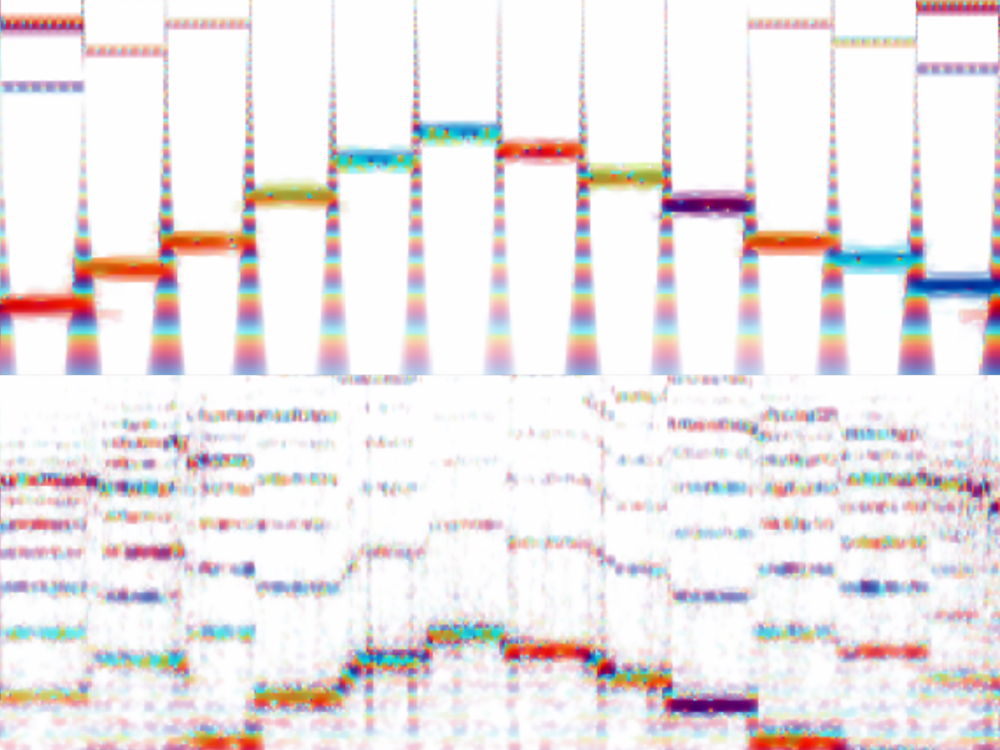
Listening Through: Machine Learning for Sound Makers
17.-21. December 2019
Luke Fischbeck (PhD USC)
Machine learning for creative work with sound
Venue: BEK (Bergen Center for Electronic Art).
With different approaches to pattern recognition, classification, categorization, translation and generation, machine learning has been applied to everything from automatic texting, motion detection, maps and MIDI data. Audio data, on the other hand, with its complex perceptual and contextual way of interpreting, is particularly challenging but at the same time very enlightening in the face of machine learning. In this workshop, we will identify the poetic possibilities that lie in predictive pattern recognition, with the goal of initiating our own creative projects.
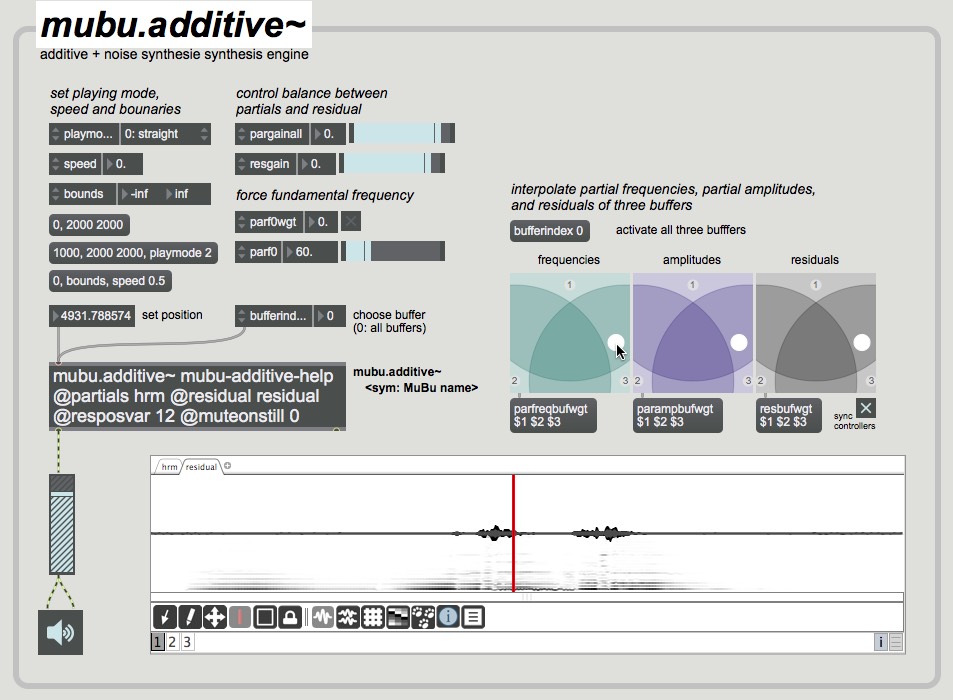
MuBu
December 2 6, 2019
Diemo Schwarz (IRCAM)
Sound processing with IRCAM MuBu.
Place: Notam (Norwegian Center for Technology in Music and Art).
MuBu is a highly advanced signal processing, analysis, machine learning and audio synthesis tool in Max. MuBu is one of the most comprehensive audio processing tools available today, and can be used in everything from composition, sound design, live performance and improvisation to interactive installations and dance. The workshop will contain a mixture of practical work, guidance and lectures.
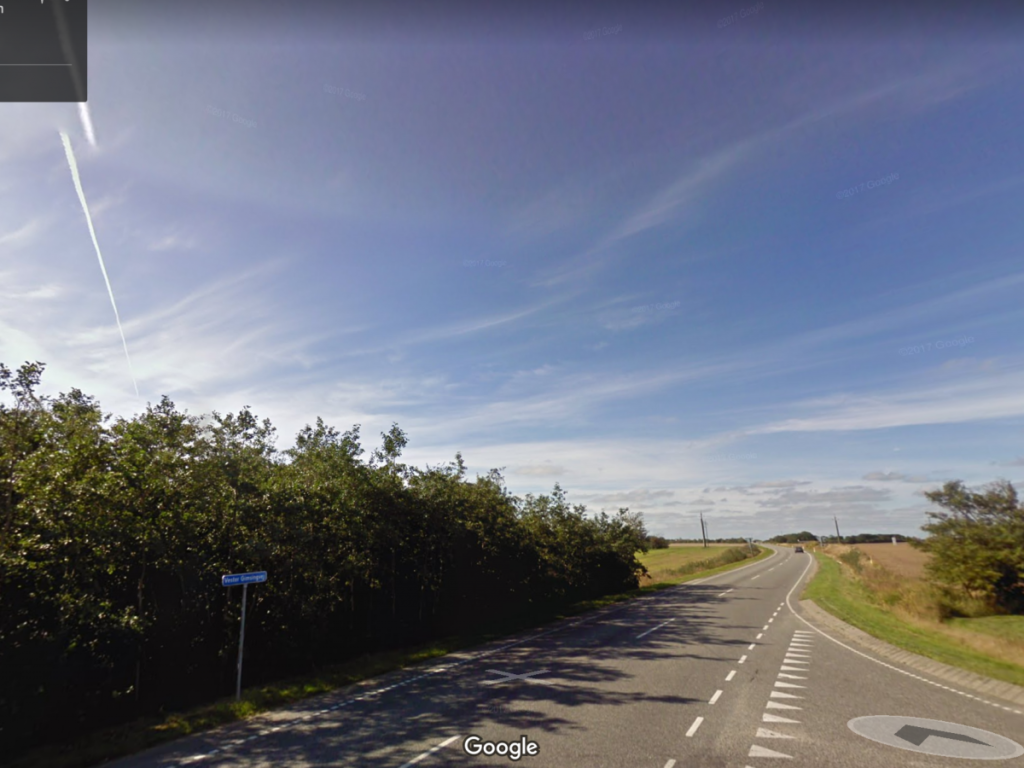
Realitybased Audio
August 20 September 7, 2019
Experimental work with documentary audio recordings.
Location: Struer, Denmark. Organized by BEK (Bergen Centre for Electronic Arts).
This workshop involved experimental documentary audio recordings in Struer, Denmark. This resulted in a new sound piece that was presented during the Struer Tracks sound art festival. The workshop dealt with issues of “land use” in order to shed light on changes in the landscape due to increasing reliance on digital, global communication.
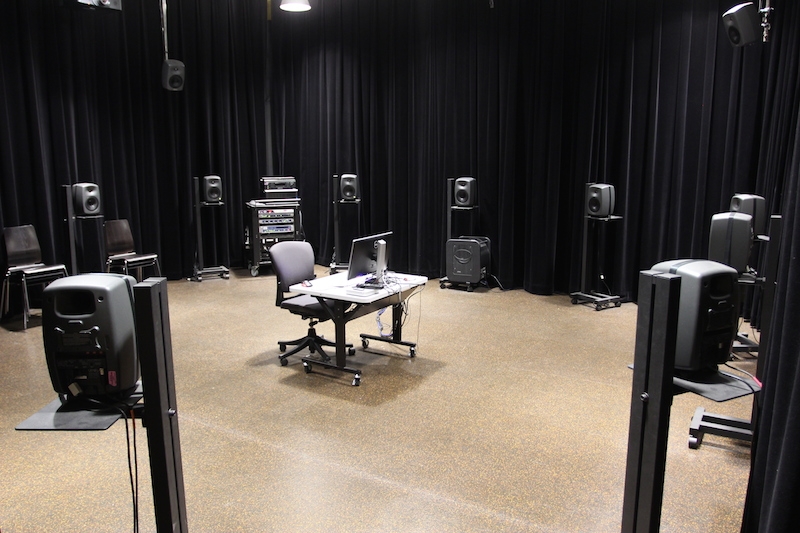
Ambisonics
October 1 5, 2018
Joseph Anderson, (DXARTS, University of Washington), Trond Lossius (BEK)
Advanced use of Ambisonics.
Place: Notam (Norwegian Center for Technology in Music and Art).
In this workshop we immersed ourselves in one of the most central techniques of immersive sound; Ambisonics. We looked at the theoretical foundations of Ambisonics, learned practical mastery of the tool, and also looked at working with space in our own artistic practice.
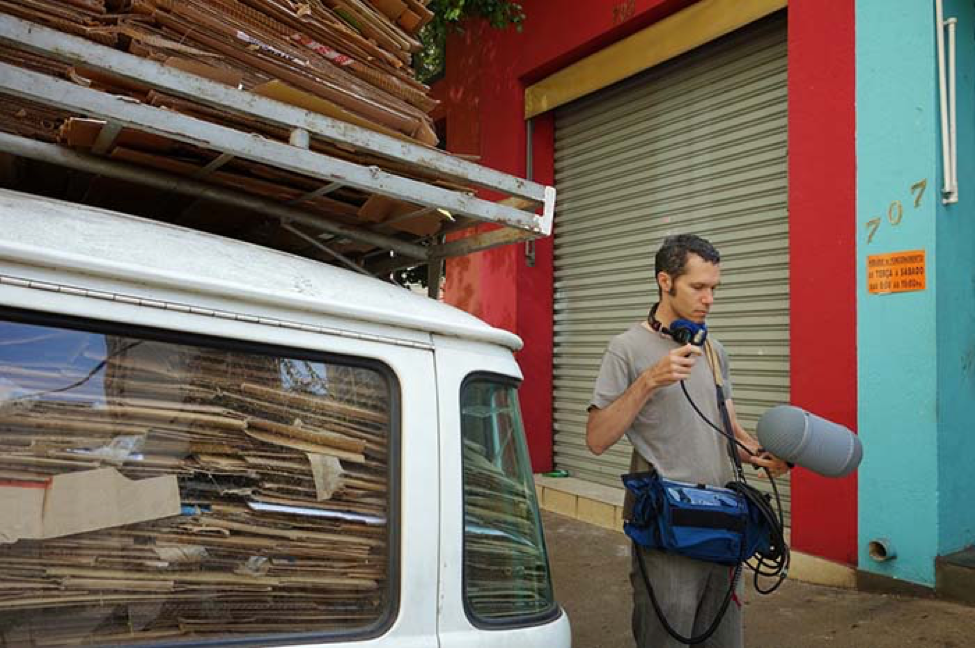
Reality-Based Audio Workshop
August 2024, 2018
Ernst Karel.
Workshop in realitybased sound composition.
Place: BEK (Bergen Centre for Electronic Arts).
In this workshop on experimental, realitybased sound composition, participants were given the opportunity to develop and think together around sound works that explore concepts and conceptions of “place”. There was an equal amounts of focus on recording practice, listening, selection and composition. The workshop was led by Ernst Karel. Karel works with electroacoustic music and experimental, realitybased audio for multichannel installations and performances, and collaborates with filmmakers and artists on audiovisual works. From 20062017, he was head of the Sensory Ethnography Lab at Harvard University.
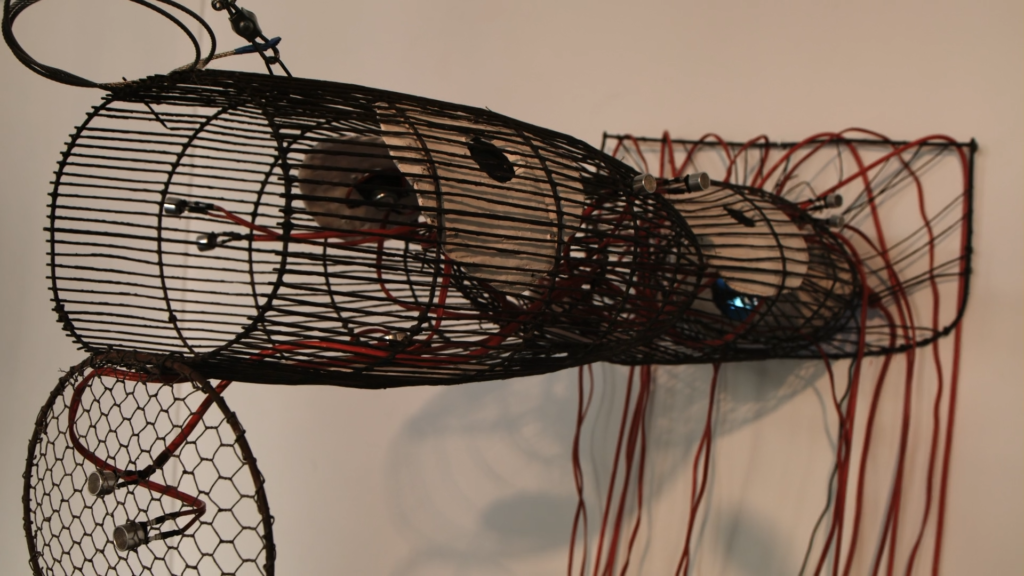
Thresholds of the Algorithmic
June 8 14, 2018
David Pirró (IEM) and Hanns Holger Rutz (ALMAT).
Workshop and exhibition on the use of algorithms in the development of art.
Place: Lydgalleriet, Bergen. Organized by BEK (Bergen Centre for Electronic Arts).
In the exhibition and workshop Thresholds of the Algorithmic, Norwegian and international artists explored how algorithms could be used as tools, binder and designer in the development of art. The workshop was part of the Austrian artistic research project Algorithms that Matter (ALMAT), and was led by Hanns Holger Rutz and David Pirrò of the Institute of Electronic Music and Acoustics (IEM) at the University of Music and Performing Arts in Graz.
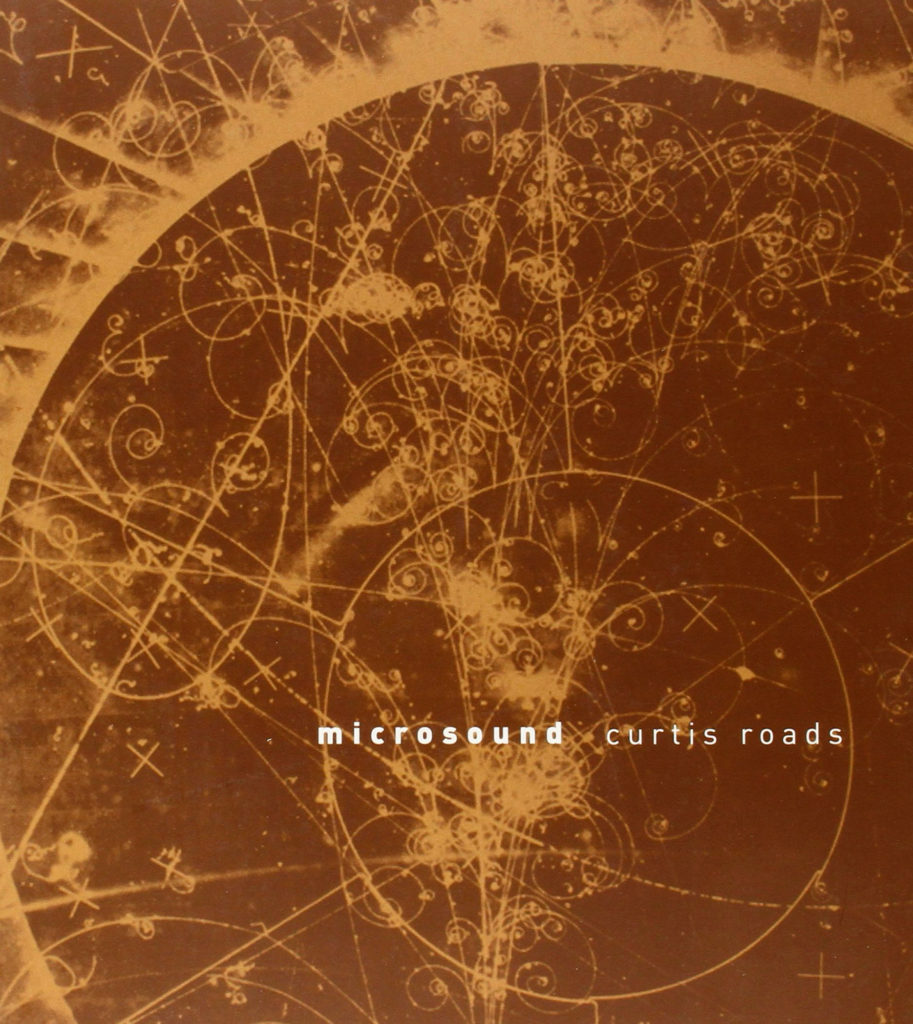
Microsound
December 12 14, 2017
Curtis Roads (University of California Santa Barbara)
Workshop in microsound with Curtis Roads.
Place: Notam (Norwegian Center for Technology in Music and Art).
Curtis Roads is one of the pioneers in micro sound. By micro sound we mean a model for working with sound where sound is reduced to small sound particles. We find this in everything from Iannis Xenaki’s music to sound processing techniques such as granular synthesis. We worked on both the compositional and technical aspects of microsound.
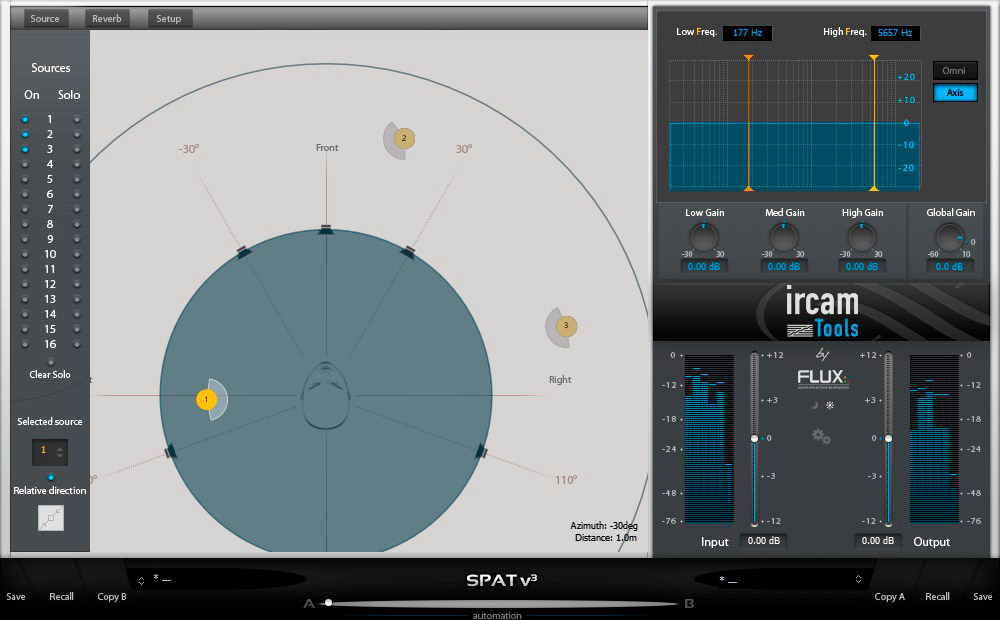
Immersive sound with Spat
November 13 17, 2017
Thibaut Carpentier (IRCAM)
Workshop on immersive sound in IRCAM Spat.
Place: Notam (Norwegian Center for Technology in Music and Art).
Thibaut Carpentier works at Ircam’s Acoustic and Cognitive Spaces team. Carpentier held a workshop in advanced work with immersive sound in the Spat software package. Spat is one of the most comprehensive immersive audio packages, and a very powerful tool. We went deeply into programming and signal processing for immersive sound, while also working on how to use this tool artistically.
